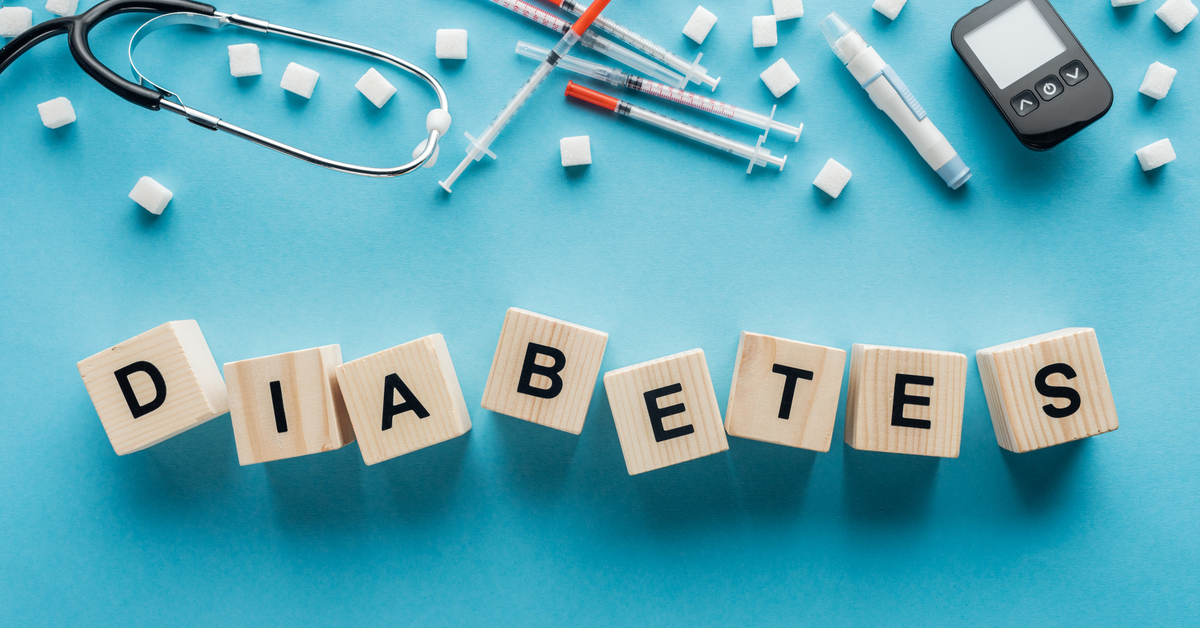Marking American Diabetes Alert Day: Year-Round Resources For Seniors With Diabetes

American Diabetes Alert Day serves as a critical reminder of the importance of diabetes awareness, education, and prevention, especially among the senior population within retirement communities. This annual event is not just a day but a gateway to year-round resources and support for those managing diabetes. As the rate of elderly individuals diagnosed with diabetes continues to rise, retirement communities play a vital role in providing the necessary tools, education, and support systems to help residents manage their condition effectively. This article explores essential resources and strategies that can make a significant difference in the lives of the elderly with diabetes, ensuring they receive the best possible care every day of the year.
Comprehensive Diabetes Management Programs
One of the most effective ways retirement communities can support residents with diabetes is through comprehensive diabetes management programs. These programs should be designed to cover all aspects of diabetes care, including blood sugar monitoring, medication management, and personalized dietary planning. Team members, including healthcare professionals, dietitians, and fitness experts, can work together to create individualized care plans that cater to the specific needs of each resident. Additionally, regular educational workshops and seminars can be held to keep residents informed about the latest diabetes research, treatment options, and lifestyle tips to manage their condition effectively.
Nutrition and Meal Planning Support
Nutrition plays a crucial role in managing diabetes, and retirement communities can offer invaluable support by providing meal plans tailored to the dietary needs of residents with diabetes. Professional dietitians or nutritionists can be part of the team, helping to design menus that are both nutritious and enjoyable, focusing on controlling blood sugar levels while meeting all nutritional requirements. These meal plans should include a variety of foods rich in fiber, lean proteins, and healthy fats, with limited added sugars and refined carbohydrates. Cooking demonstrations and nutritional education sessions can also encourage residents to make healthier food choices and learn how to manage their diabetes through diet.
Physical Activity and Wellness Programs
Regular physical activity is essential for elders with diabetes, as it helps control blood sugar levels, improve cardiovascular health, and maintain overall well-being. Retirement communities can offer a range of exercise and wellness programs tailored to the abilities and interests of their residents. From gentle yoga and Tai Chi to water aerobics and walking clubs, these activities not only support physical health but also provide social interaction and fun.
Access to Onsite Medical Care and Support Services
Having immediate access to medical care and support services is critical for elderly individuals with diabetes. Retirement communities should ensure that residents have easy access to healthcare professionals who specialize in diabetes management, including endocrinologists, nurses, and diabetes educators. These experts can provide regular health check-ups, monitor residents' health conditions, and adjust treatment plans as needed.
American Diabetes Alert Day emphasizes the importance of awareness and education in managing diabetes, especially among seniors. Retirement communities are uniquely positioned to provide a supportive environment where residents with diabetes can access the resources, care, and support they need to live healthy and fulfilling lives year-round. By implementing comprehensive management programs, nutrition and meal planning support, physical activity initiatives, and access to onsite medical care, retirement communities can significantly enhance the quality of life for their residents with diabetes.
